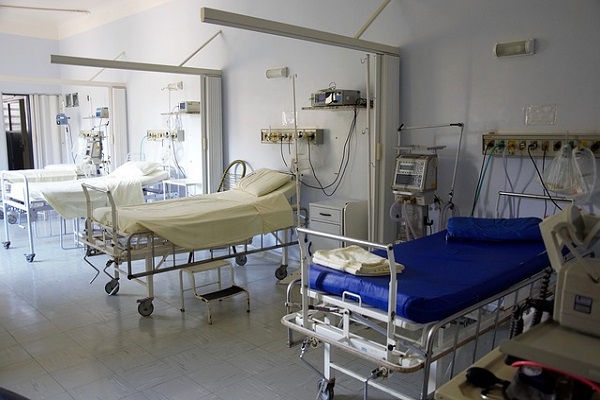
Catholic Hospitals are Not Disclosing Restrictions They Place on Care Due to Religious Beliefs
- By Elisa Meyer --
- 30 Mar 2019 --

Patients are kept in the dark regarding abortion and suicide among others
A newly released research letter in Journal of the American Medical Association disclosed how a significant proportion of Catholic Hospitals in the United States fail to communicate in their websites their religious policies restricting end-of-life and reproductive services provided at their facilities. A culture of opacity is also being followed by affiliated physicians as well. A staggering one in five Catholic hospitals willingly follow this policy of non-disclosure. Many patients encounter care related conflicts due to unanticipated healthcare restrictions due to religious reasons.
Catholic Hospitals are Not Disclosing Restrictions They Place on Care Due to Religious Beliefs[/tweetthis]
Doctors affiliated with Catholic healthcare facilities are expected to follow several religious and ethical rules as laid out by the United States Conference of Catholic Bishops. These rules can differ from the directives issued by secular hospitals. One prominent example is a directive permitting counseling regarding natural family planning. The hospital will not inform the patient about exhaustive reproductive healthcare options. According to Dr. Maryam Guiahi, the senior study author of the research letter, these kinds of healthcare limitations affect to the maximum those who encounter systemic barriers when it comes to health care. The list of those affected includes women having low incomes, people of color, young people, rural people, and LGBTQIA individuals. The author affiliated with the University of Colorado School of Medicine based in Aurora pointed out that as per 2016 statistics, Catholic hospitals made up approximately 14.5 percent of total American hospitals. The number went north by 16 percent from 2001 to 2011 intervening period. This is in contrast with six percent growth among all hospitals.
Catholic hospitals which operate as per Ethical and Religious Directives ban procedures the church describe as “intrinsically immoral.” The list of treatments under this ambit includes physician-assisted suicide, abortion, and contraception. The directives also forbid what bishops have termed “direct sterilization.” The list of direct sterilization procedures includes ending pregnancies, tubal ligation, and vasectomy. The religious policies are also opaque about whether it is permitted to remove ventilators or feeding tubes in the case of terminal patients. This is applicable even if the patient has given an advance directive asking for such a removal. Disagreements are also present as to whether Catholic rules permit the church-affiliated hospitals to provide gender reassignment linked care.
Guiahi and her colleagues made these findings by trawling through the websites of hospitals included in the 2017 edition of the Catholic Health Care Directory.


















